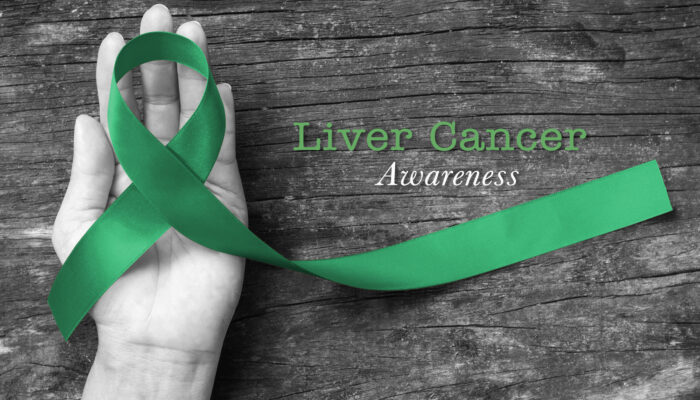
All you need to know about the common cold
An average adult will get a common cold at least two or three times a year. Even healthy people can’t avoid it altogether. Let’s take a look at some facts related to common cold and cough.
Also called a viral upper respiratory tract infection (URI), the common cold is caused by a viral infection. There are more than 200 types of viruses that can cause a common cold, but the most common one is the rhinovirus. It is responsible for over half the cases of common cold. Other viruses that can cause colds are respiratory syncytial virus, influenza, coronavirus, and parainfluenza.
Development of a common cold
A common cold usually spreads from person to person. It can spread through direct contact or if you touch a surface that has some fluid like saliva from a person with a cold. The virus is also transmitted through droplets released into the air when a person with common cold coughs or sneezes. The virus then reaches the mucous membrane that lines the eyes, nostrils, and mouth, and leads to an infection. At this point, the immune system releases white blood cells to combat this virus in the body. Unless your body has been exposed to this exact strain of virus before, it will not be able to produce antibodies. This will cause the symptoms of a cold and cough to appear.
Symptoms
The nose and throat get inflamed due to cold and cough, and the production of mucus increases too. A common cold is accompanied by exhaustion because the body spends a lot of energy on fighting the virus. Some other symptoms of cold and cough are a stuffy nose, scratchy or sore throat, sneezing, and watery eyes. Mucus buildup and congestion cause the sinuses to clog up and result in headaches.
The symptoms of common cold worsen for 3-4 days, plateaus for a day or two, and then improves over the next couple of days. Most colds go away after seven to ten days. If it persists beyond that, it is necessary to see a doctor.
Medication
Most people turn to home remedies like vitamin C supplements or over-the-counter medication every time they get a cold and cough. But there is not enough information about how effective these treatments are.
Ibuprofen, naproxen, and aspirin help relieve aches and pains associated with common cold, but they may cause digestive issues. Paracetamol is easier on the digestive system, but large or continual doses could irritate the liver. Expectorants like guaifenesin loosen mucus buildup and make it easier for the body to expel it. Although several people believe that antibiotics are necessary to treat a cold, it is not true. Antibiotics are for bacterial infections, and the common cold is caused by a virus. But if the cold leads to a bacterial infection in the lungs or sinuses, then the doctor may prescribe antibiotics.



